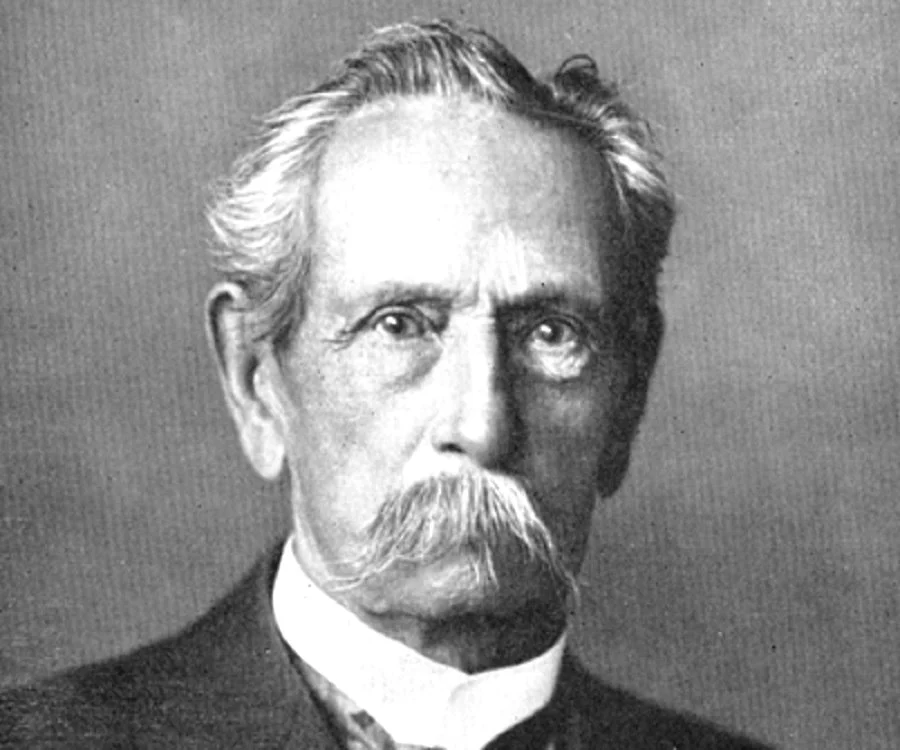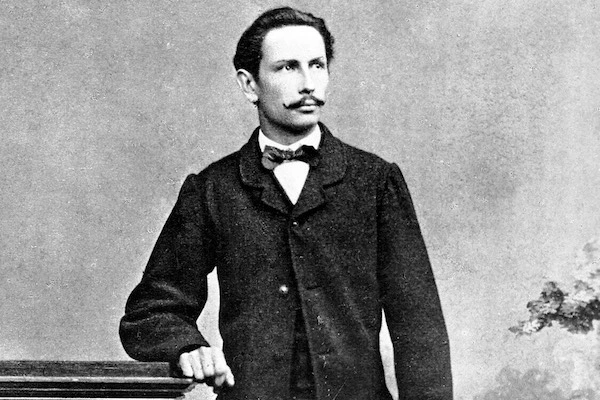
Carl Benz: The Visionary Inventor Who Revolutionized Transportation
Carl Benz, born Karl Friedrich Michael Vaillant on November 25, 1844, in Mühlburg (now part of Karlsruhe), Germany, was a pioneering automotive engineer and entrepreneur. He is best known as the inventor of the first practical gasoline-powered automobile, which laid the foundation for the modern automobile industry.
Early Life and Education.
Carl Benz was the son of a locomotive driver and showed early interest in engineering and technology. He attended local schools and later pursued his passion by enrolling at the Poly-Technical University in Karlsruhe. After graduating in 1864, he worked for several mechanical engineering firms, gaining valuable experience and expertise in the field.


Founding Benz & Cie.
In 1883, at the age of 39, Carl Benz founded his own company, Benz & Cie., in Mannheim, Germany. The company focused on designing and manufacturing internal combustion engines. His goal was to develop a reliable, lightweight engine that could be integrated into various machines and vehicles.
The Creation of the Benz Patent-Motorwagen.
Benz had a vision of creating a self-propelled vehicle, and after years of experimentation and development, he unveiled his breakthrough invention, the Benz Patent-Motorwagen, in 1885. This three-wheeled vehicle was powered by a single-cylinder gasoline engine, capable of generating 0.75 horsepower. It had a tubular steel frame, wooden-spoked wheels, and a chain drive system.


The First Automobile Journey.
On January 29, 1886, Carl Benz conducted the first successful test drive of his Motorwagen through the streets of Mannheim, marking a historic moment in the history of automobiles. This journey covered a distance of about 1.5 kilometers (0.93 miles) and demonstrated the practicality and potential of the gasoline-powered automobile.
Challenges and Public Reception.
While the invention was revolutionary, it initially faced skepticism and criticism. People were not accustomed to the idea of a self-propelled vehicle, and there were concerns about safety, noise, and the availability of gasoline. Nevertheless, Benz continued to refine and improve his automobile.


Bertha Benz's Historic Journey.
To promote the invention and prove its reliability, Carl's wife, Bertha Benz, took an extraordinary initiative. Without informing her husband, she took the Motorwagen on a long-distance journey from Mannheim to Pforzheim, covering around 106 kilometers (66 miles) in August 1888. This daring trip showcased the practicality of the automobile and also led to some modifications and improvements to the vehicle based on Bertha's suggestions.
Legacy and Impact.
The success of the Benz Patent-Motorwagen marked the beginning of the automobile industry. Realizing the potential of the automobile, other inventors and entrepreneurs started developing their versions of motor vehicles, leading to the rapid expansion of the automotive industry. In 1926, the companies of Karl Benz and Gottlieb Daimler merged to form Mercedes-Benz, a prominent name in the automotive world to this day. The brand Mercedes-Benz stands as a tribute to the contributions of both inventors.


Conclusion.
Carl Benz's invention of the first gasoline-powered automobile was a pivotal moment in history. His determination and innovation revolutionized transportation and laid the foundation for the modern automotive industry. Today, his legacy lives on as billions of cars roam the world's roads, and his innovative spirit continues to inspire engineers and inventors worldwide. Carl Benz will forever be remembered as the visionary whose invention changed the way the world moves.
eXus Dev 27.7.2023







































